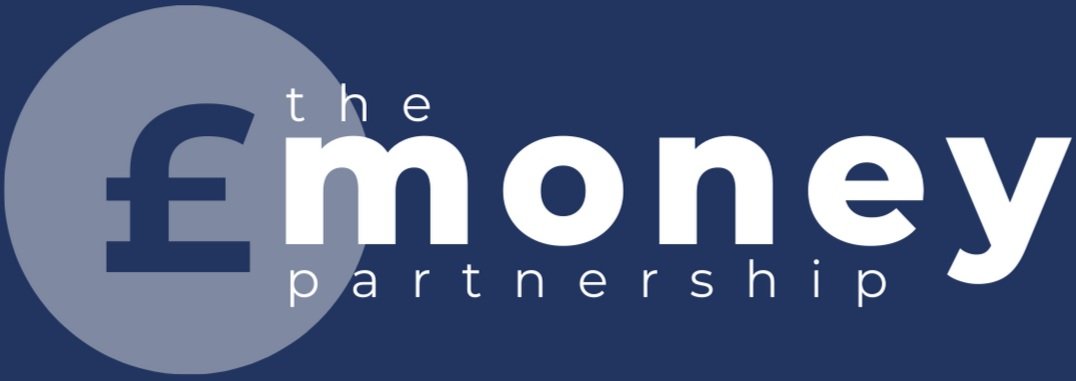The cost of living crisis
We have overcome a lot of uncertainty since the pandemic started 2 years ago - will I get covid? could I lose my job? when will I see my family again? - we forget just how resilient and strong we are.
Our latest cause for concern is the rising cost of living. It became noticeable last year when petrol prices rocketed and then food prices too. Now, with energy bills set to rise and mortgage interest rates, we all need to be vigilant and keep on top of our finances.
Although times feel tough again, there are things you can do to put yourself in the best possible position to face some of these challenges. Here is some information about how the rising cost of living could affect you and what you can do to protect your money.
Energy bills
Energy bills are set to rise by 54% from April; that’s a staggering £693 a year. If you’re on a fixed deal, you won’t be affected until your deal ends. If you’re not on a fixed deal, you will be affected, however, before worrying about outgoings increasing, take a look at a few ways you can save money or reduce these extra costs:
The government is offering direct support to households already struggling with their bills. They will also be offering £150 rebates to those in council tax bands A-D.
Contact your supplier to see if you can negotiate a deal. They don’t want to lose customers!
Consider how energy efficient your home is:
- are you using energy-efficient lightbulbs?
- Is your home insulated sufficiently?
- Keep an eye on the little things like turning off the lights when you’re not in a room, only boiling the amount water you need in the kettle, ensuring your heating timers are set correct, turning appliances off instead of leaving them on standby.
Mortgage rates
The Bank of England recently announced an increase of the base rate to 0.5% (the rate of interest lenders pay when they borrow from the bank). What does this mean for your mortgage?
If you're on a variable rate tracker mortgage, linked to the Bank of England's base rate, you're likely to see an increase on your next monthly repayment.
If you're on a standard variable rate mortgage, you'll likely see an increase, but your lender will decide how much that is.
If you're coming to the end of your fixed rate, the interest rates available won't be as low as they were last year, for example. But it might still be worthwhile securing a new fixed-rate, protecting you from further inflation.
If you're looking to buy, seek professional help to ensure you choose the right mortgage deal for your circumstances.
Not sure what type of mortgage you have? whether it's the right time to buy? or, whether to secure a new fixed deal? That's what we're here for. To help you learn more so that you can make well-informed financial decisions.
Ways to save
As well as considering whether you can hop on to a new mortgage deal to reduce your monthly repayments, here are some other ways you can reduce your monthly outgoings to soften the blow when your utility bill goes up…
Consider looking through your monthly outgoings to see if you can cancel any unused subscriptions. On average Brits pay over £100 every month for a product or service they don’t use: gym memberships, music streaming, old phone contracts, forgetting to cancel a free trial.
If all your income goes towards repaying debt, you might want to consider consolidating your payments. It could reduce the overall interest you pay and make your debt easier to manage.
Start tracking how much you’re spending each month – do you spend more than you earn?
Try reducing your shopping bill by meal planning, sticking to a list, or exploring another supermarket.
Spending a couple of hours reviewing your finances can help you save (or protect) a considerable amount of money this year. Please don’t let this be something that slips down on your to-do list…time is of the essence!

